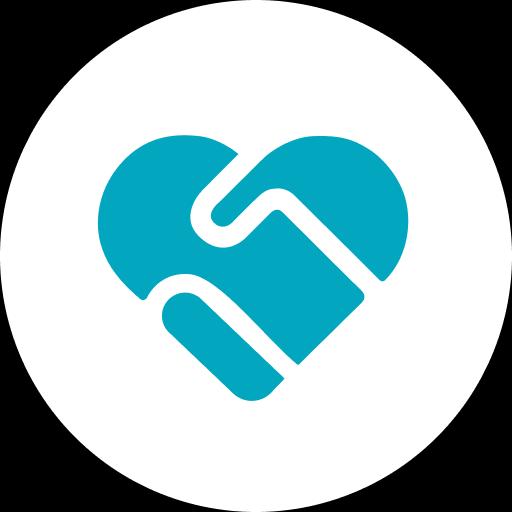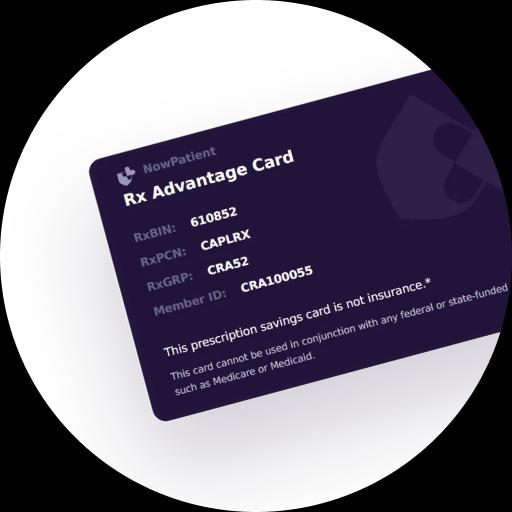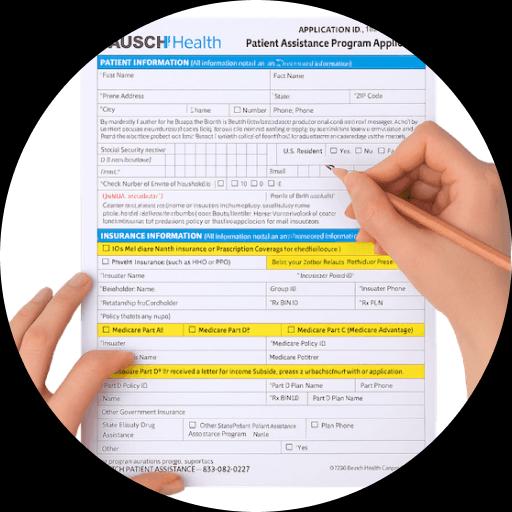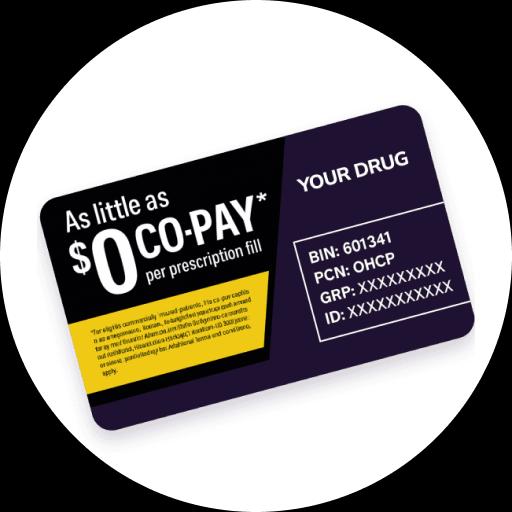Save on Folic Acid with Coupons, Discounts & Savings Programs


Start Saving Today!
Lower the Cost of Your Folic Acid Prescription
MEDICAL INFORMATION
Folic Acid Key Facts
What dosages is Folic Acid available in?
Folic Acid is a dietary supplement used to treat megaloblastic anemias due to a deficiency of Folic Acid (as may be seen in tropical or nontropical sprue) and in anemias of nutritional origin, pregnancy, infancy, or childhood.
What is Folic Acid used for?
Folic Acid is a dietary supplement that does many important things for the body. It helps to treat anemia by making new red blood cells.
How does Folic Acid work?
Folic Acid is typically taken by mouth with dose ranges from 0.1 mg to 1 mg by mouth per day. The maximum dose depends on your age. Your provider will decide the dose based on your age and certain health conditions.
How do I take Folic Acid?
Folic Acid is a safe and effective treatment when used for FDA licensed indications. However, like all medications, they may give you unwanted side effects. You should always discuss potential side effects with your physician to ensure the medication is suitable and right for you. You should not use this medication if you have shown previous intolerance to the drug.
Is it safe for me to take Folic Acid?
- Most therapeutic dose of Folic Acid are well tolerated and do not produce side effects
Folic Acid Common Side Effects
Serious side effects are rare with Folic Acid. Contact your healthcare provider immediately if you experience any of the following.
- Serious allergic reaction: rash, trouble breathing, vomiting, swelling of the lips, tongue, or face
Folic Acid Serious Side Effects
- There are no major drug interactions listed for Folic Acid. However, you should always let your physician and pharmacist know about any other medications or supplements (including prescribed and over-the-counter medications, vitamins, and dietary or herbal supplements) that you are currently taking
Effects of other drugs, drug classes and over-the-counter products on Folic Acid
Various FDA-approved generic manufacturers
Who makes Folic Acid?
Various FDA-approved generic manufacturers
Is Folic Acid safe in pregnancy?
Folic Acid is safe to take during pregnancy.
Medical Disclaimer
NowPatient has taken all reasonable steps to ensure that all material is factually accurate, complete, and current. However, the knowledge and experience of a qualified healthcare professional should always be sought after instead of using the information on this page. Before taking any drug, you should always speak to your doctor or another qualified healthcare provider.
The information provided here about medications is subject to change and is not meant to include all uses, precautions, warnings, directions, drug interactions, allergic reactions, or negative effects. The absence of warnings or other information for a particular medication does not imply that the medication or medication combination is appropriate for all patients or for all possible purposes.
OUR CUSTOMERS VIEW
What Customers Love About Our Service
We want everyone to be happy and healthy, that’s what keeps us going. Read what some of them have to say about us.
Medicines Experts
Meet Our Medical Team
We are a broad skilled and passionate group of clinicians with experience of operating in health systems in the United Kingdom & United States. Providing excellent care and advice is at the heart of everything we do. You can read more about our medical team by visiting the medical team page or learn more about how we curate content by visiting our editorial process
























